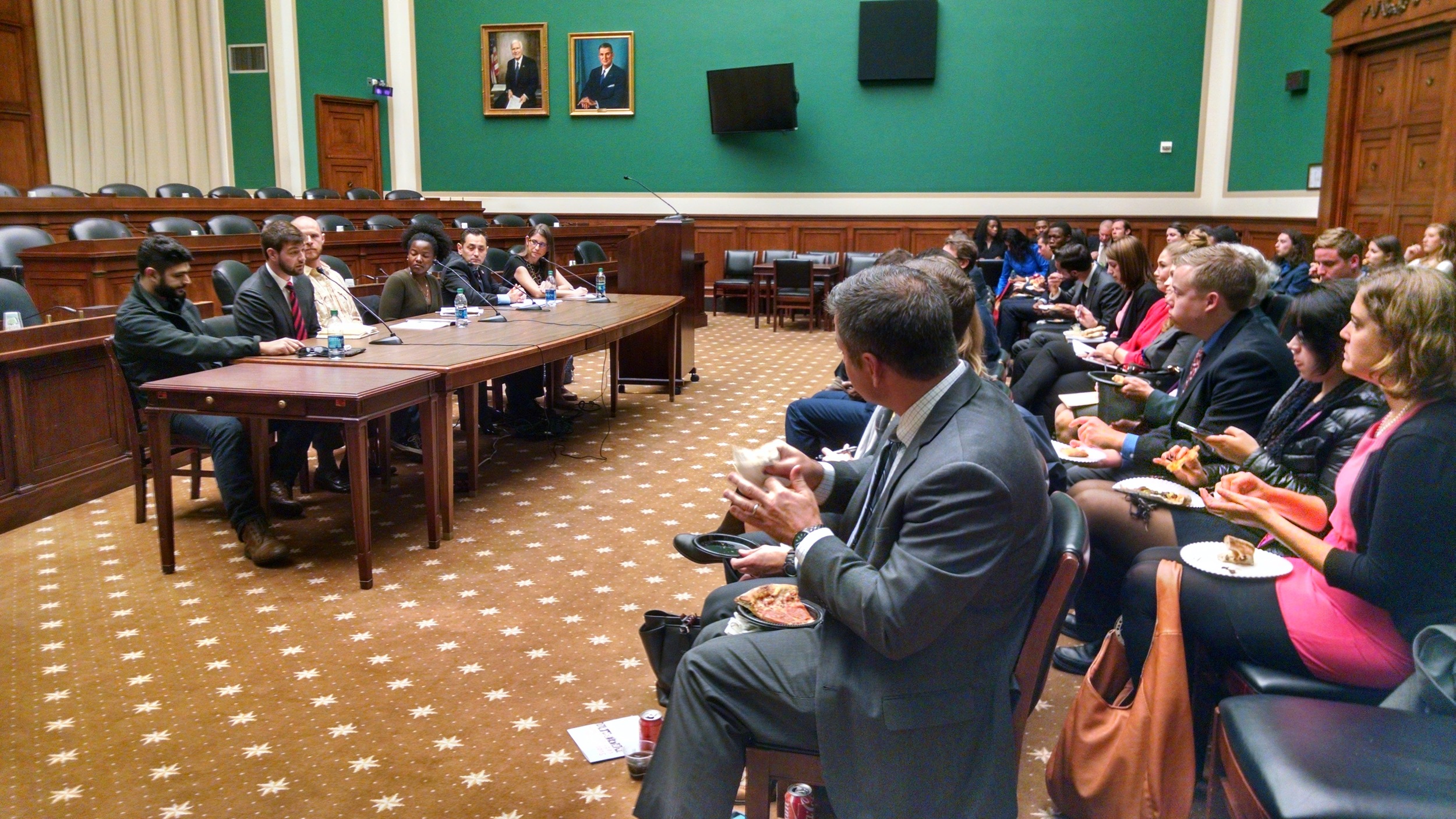Throughout the week, we're posting stories from veterans who’ve made strides in the technology industry on our blog and on Medium. You can also find them all here and follow the conversation about how to support more veterans in this growing industry at #VetsWhoTech.
As a communications officer in the Army, Carly DaCosta was integral to making sure the military stayed connected in the field and in homeland. She set up the technology necessary at bases in Alaska that enabled units to talk to one another: computers, landlines, networks, and cell phones. Though a nuclear engineer by training, with a longtime interest in technology, she wasn’t certain what was next for her after leaving the military.
She chose to pursue an MBA, a move she thought would help her transition to civilian life. Following graduation, she began working in the financial industry as an account manager. In her new role, she learned what it means to build a business, how to network, and started to recognize the power of technology in new ways: she knew she wanted to move into the tech industry.
Carly evaluated the jobs that she could pursue in the tech industry and thought skills in computer programming would set her up for success and at least get her foot in the door. As she considered how to get there, she realized coding bootcamps offered her that shorter term investment that a four-year degree didn’t. Her research led her to a 90-day program, an all-women course at Hackbright in San Francisco, where she learned Python, one of the most widely-used high-level programming languages. She found a culture of camaraderie among women who were also new to programming, where participants worked together and had each other’s backs, that provided the environment she needed to succeed.
The bootcamp style allowed Carly to find a program that suited her desired skill set and personal needs. She did not have four years to go unpaid and provide for a husband and a toddler. She “was interested in learning the practical side of engineering first and, after speaking with people who had gone through bootcamps versus the four-year [computer science] degree, it seemed the bootcamp was the way to go. Instructors at the bootcamp are in-industry and their curriculum changes with what’s hot.” It was clear that a university experience wouldn’t give her the entirely hands-on approach she needed to jumpstart a skillset and a career change. And instead of four years of study without pay, she sacrificed only six months of pay—three months of learning and three months of job searching.
As Carly puts it, bootcamps provide an important option for those wanting to jumpstart their career in the tech industry, including veterans transitioning into civilian life. For Carly, this jumpstart meant finding the ideal business operations role that valued both her engineering experience as well as relationship management expertise from her time in finance and the military. She now works at the Director of Operations as a database startup, Fauna DB.


















